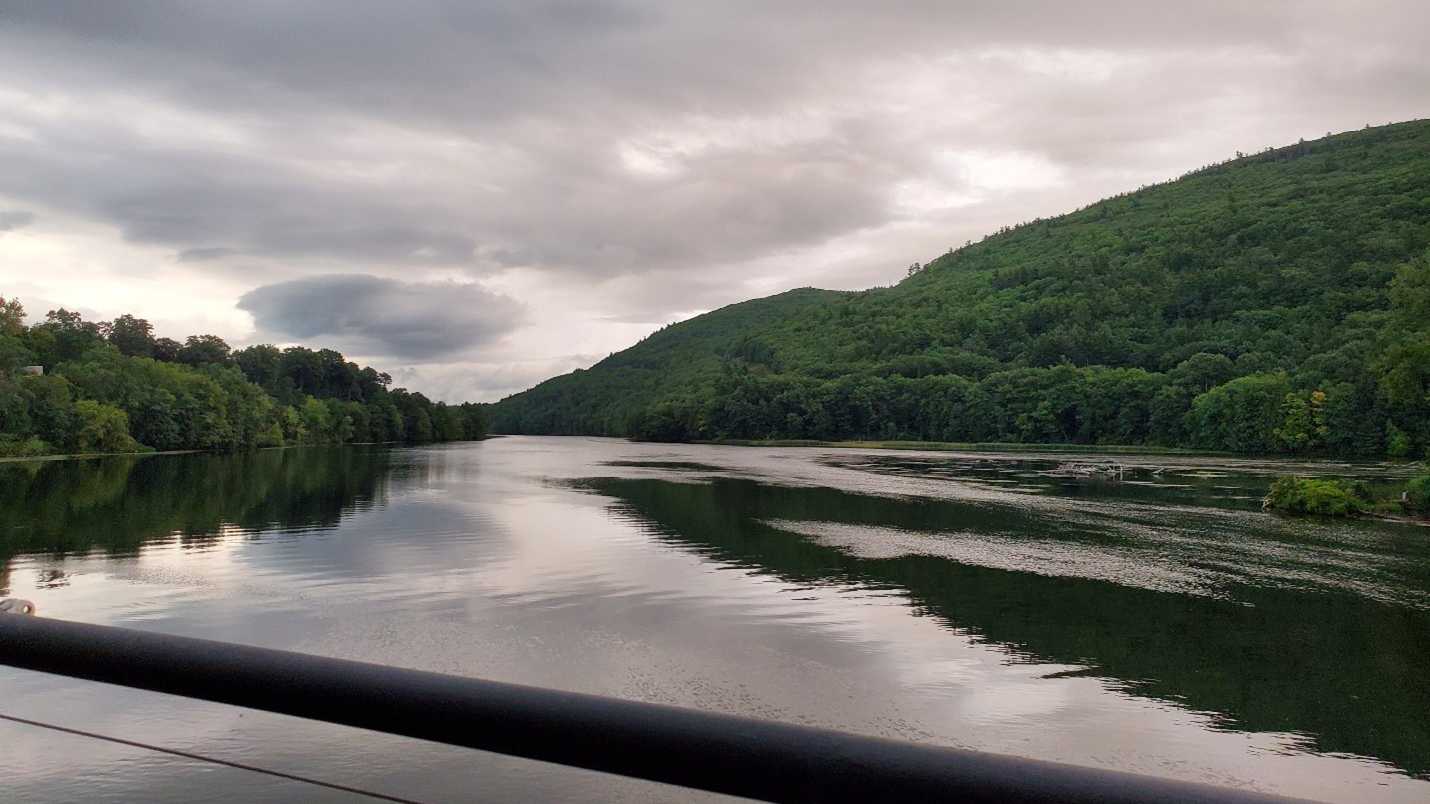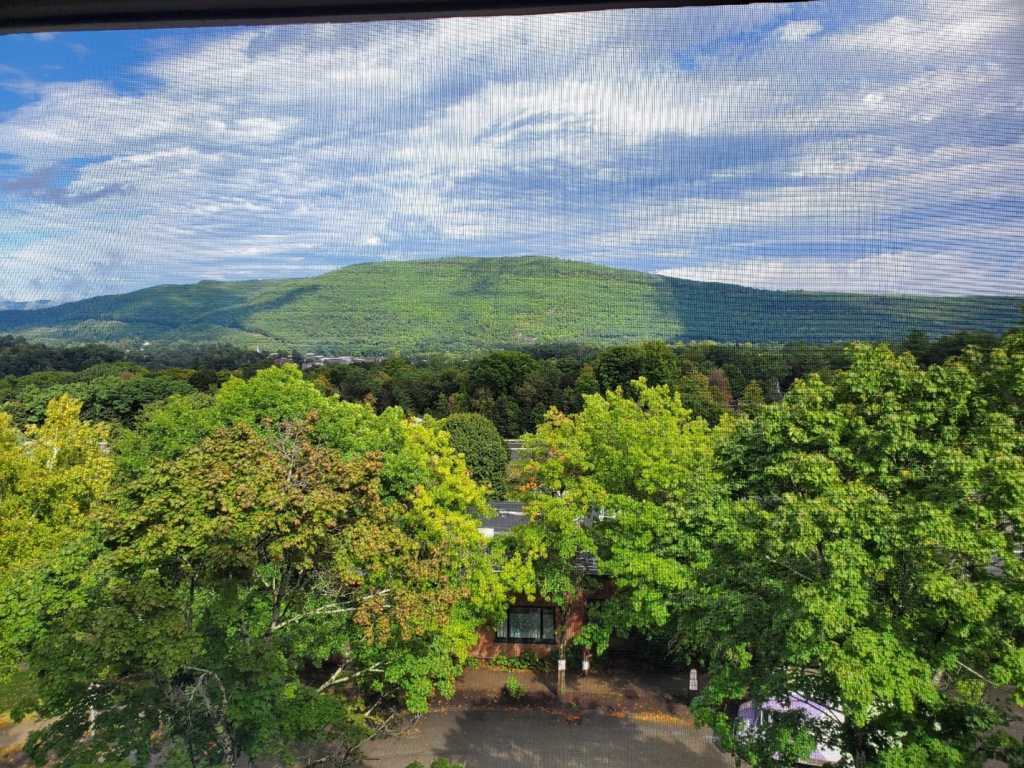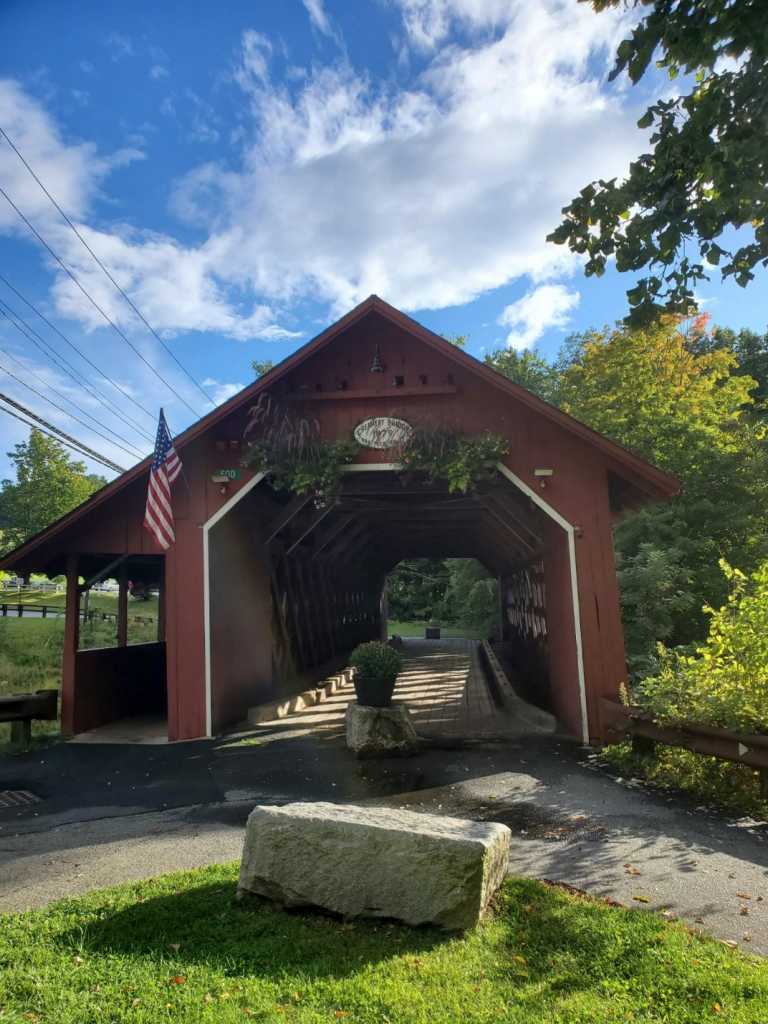Have you ever taken a drive, arrived at your destination, and didn’t recall any part of the journey there? I certainly have, a few more times than I’d like to admit. I’ve been told that there is actually a name for this phenomenon—“highway hypnosis”—and that it naturally occurs when your attention is occupied with things other than your driving. If that is the case, my brain must be on overdrive. For many years, I’ve sort of lived my life on autopilot. I would wake up, drive to one job, drive to the other, maybe eat, drive to the next job or home if I was lucky to be off that night, maybe have time to myself for approximately an hour or two, then lay down and try to go to sleep. Having an over 70-hour work week did not leave much time for relaxation, the pursuit of interests/hobbies, sleep, or anything that took me from the daily minutia of living by the clock. And, well, when you’ve done it for most of your adult life, you become used to it. The same sights, people, and experiences—your brain just goes on autopilot. None of this comes across as problematic because it is the normal daily routine you have created to get through what you need to survive (gotta love the traumatic effects of growing up in poverty). And needless to say, it doesn’t leave much space to be very mindful and present. I have often dreamed about what it would be like to live a lifestyle that was more mindful, intentional, and focused on the things that truly mattered to me.
I recently was granted an opportunity to attend a week-long Wellness Recovery Action Plan (WRAP) Facilitator training in Brattleboro, Vermont, to learn more about the philosophy of WRAP and how it could fit into PRA’s approach of prioritizing life-work integration. This was my first time traveling to Vermont, and let me tell you—they don’t call it the Green Mountain State for nothing. As I made the 2-hour drive from Albany to Brattleboro, I was greeted by charming towns, beautiful winding roads, fall leaves, and of course, large, looming mountains. It was a particularly beautiful sight, making the long commute enjoyable, peaceful, and relaxing. Though I have always appreciated the beauty of nature, I consider myself a city girl through and through and typically do not find myself in non-urban environments if I do not have to be. But Brattleboro was different; it was a nice mix of rural atmosphere with urban amenities. The training was scheduled for 5 days in a classroom on the top of an old former schoolhouse. I was seated on the right-hand side of the U-shaped tables directly facing the open windows with a beautiful view of Mount Wantastiquet. One of the fun features that often come with towns like this is the abominable cell phone service which drops service an average of 3-4 times a day.
On day 2 of the training, I was driving along the interstate when all of a sudden, I heard the familiar “GPS signal lost.” The route on my GPS screen was not updating, and guided verbal directions had ceased. I got off on the next exit, drove a little bit into town until I could get at least 4 bars, then turned the directions back on to get to the appropriate location. After this experience and two dropped calls later that night, I realized that I would need to be a lot more present in my surroundings while driving/exploring in the event that my GPS inevitably went down or if I potentially got lost. The next morning, I started my usual driving routine. As I drove along the route, I began making note of various natural landmarks, such as the little white church at the foot of the exit, the covered bridge letting me know my turn was coming up, the house nestled in the corner with the large front yard sign with some choice words for various Supreme Court Justices, and of course the park guiding me up the correct hill to my destination. My fear of not wanting to get lost forced me to unplug and connect with the natural world. As I would drive to the training location every morning and out exploring every afternoon, I felt in awe of the magnitude and power of nature.
I found myself wanting to be closer. I suppose it makes sense when you look at the research. Studies have noted evidence for associations between nature exposure and improved cognitive function, brain activity, blood pressure, mental health, physical activity, and sleep.
One of my favorite spots was a local restaurant named Whetstone, which provides seating right on the banks of the Connecticut River. I fondly recall sitting there, looking out at the vast river, and reflecting on my day, my inner emotions, and of all the positive things I had been experiencing. It’s hard to fully describe the joy and peacefulness being in nature made me feel, but I can say it’s the type of feeling that you wish for everyone in the world to feel.





